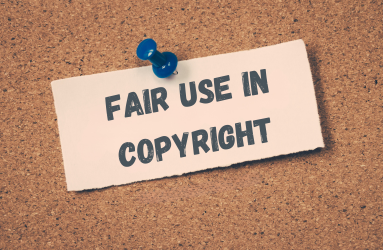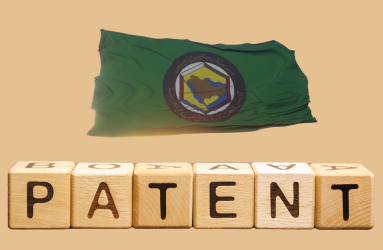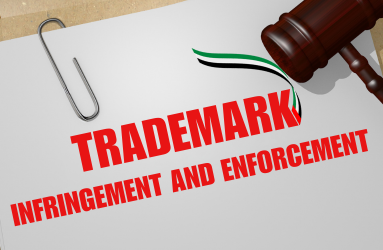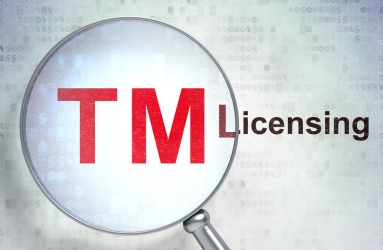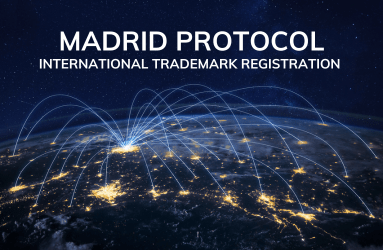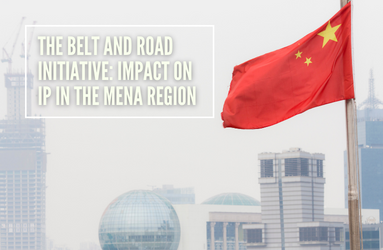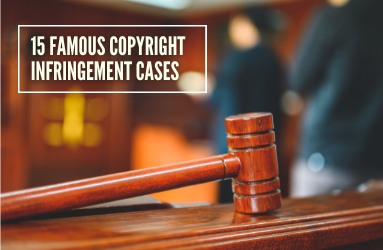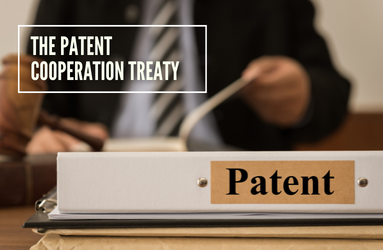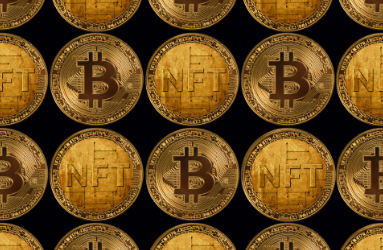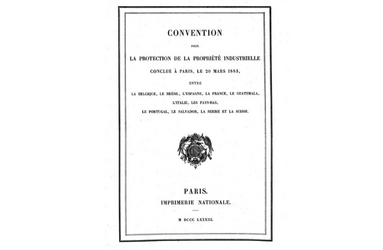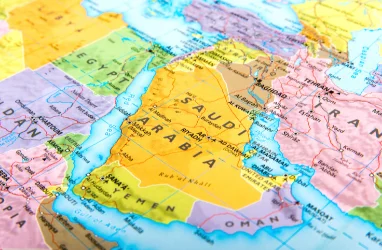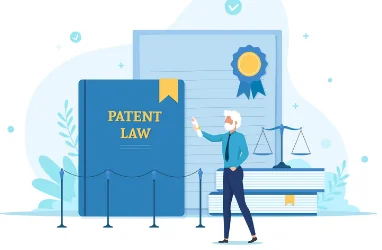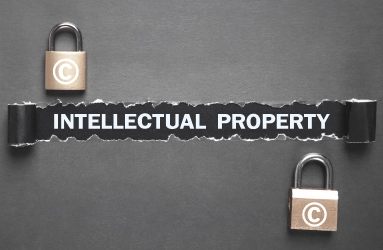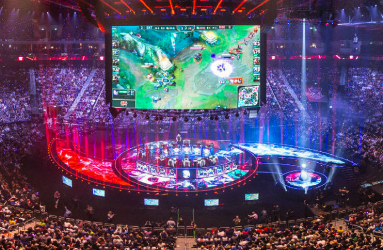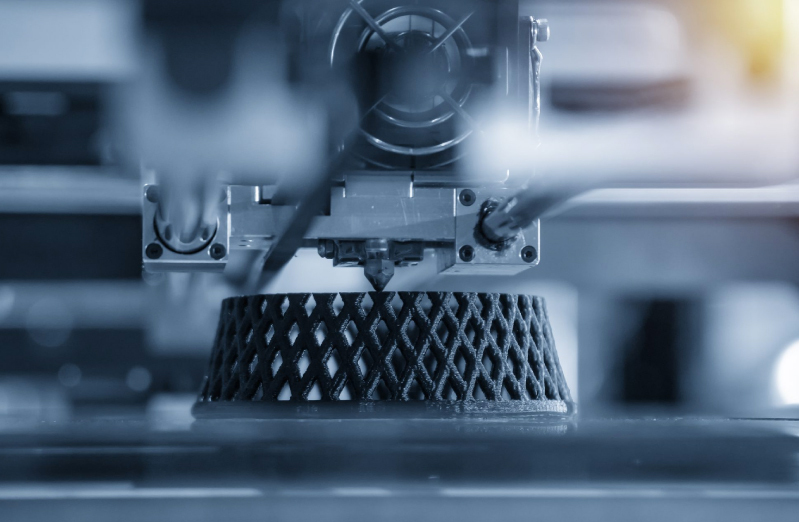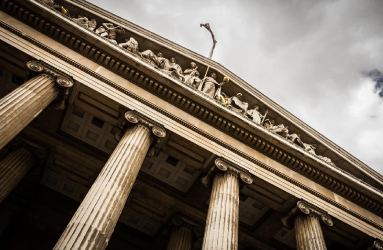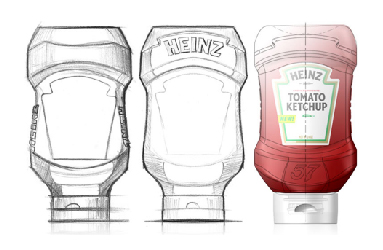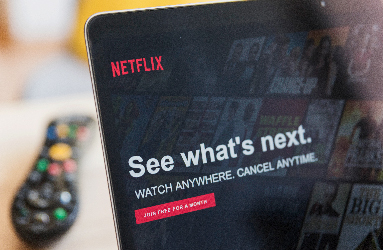Transformation of Intellectual Property in a Post-Pandemic World

The Transformation of intellectual property, post-COVID, has been shaped by the unprecedented impact of the pandemic on global trade, commerce, and technology.
The epidemic has accelerated many sectors' digital transformation and reinforced the significance of intellectual property in preserving innovation and creativity. The rise in e-commerce during the pandemic, for example, has led to an increase in IP infringement, particularly in the areas of copyright and trademark.
Today, both enterprises and federal lawmakers have taken various initiatives to improve their IP policies, regulations, and enforcement procedures in order to further protect the legal rights of IP holders in the digital age.
IP-based Implications of the Pandemic on Global Governments
Global lockdowns and travel restrictions, in retrospect, have caused IP offices and courts to function remotely, resulting in delays in processing IP applications and the adjudication of IP disputes.
Post-pandemic, IP protection, and enforcement were primarily conducted in physical places such as IP bureaus and courts. Nevertheless, because of the transition to remote work and the boom in e-commerce, there was an upsurge in online IP infringement, under all key areas of IP.
The economic downturn triggered by COVID has caused global businesses to curtail their IP-related initiatives and budgets. This has exacerbated the need for refined and reinforced digital IP protection and enforcement techniques.
A difficult key takeaway, since this has spurred governments for immediate reform pertaining to their intellectual property laws and enforcement systems, in a bid to bolster the constitutional rights of IP holders in the digital space.
All the while, a seismic shift was initiated in the entire Intellectual Property realm.
Here are how some country and region-specific federal governments significantly reevaluated their federal IP statutes and regulations:
-
United Arab Emirates (UAE)
The UAE's Ministry of Economy seized over 2.5 million infringing products in 2020, according to the Emirates Intellectual Property Association (EIPA). A staggering 20% compared to previous years. This resulted in introducing recalibrated methods to combat IP infringement, such as a specialized IP court to provide an accelerated mechanism for resolving IP disputes and a dedicated IP police unit to heighten enforcement against IP infringement on incoming international imports. -
Kingdom of Saudi Arabia (KSA)
The Saudi Arabian Intellectual Property Authority (SAIPA) has intensified its enforcement efforts by developing initiatives such as the GCC Intellectual Property Center (GCCIPC). According to the SAIPA, the number of patents awarded in Saudi Arabia flourished by 8% in 2022 compared to the previous years. -
Qatar
In collaboration with the newly developed GCC Intellectual Property Center (GCCIPC), the number of trademark applications filed in Qatar in 2022 rose by 14% over the previous year, according to the Qatar Intellectual Property Office (QIPO). -
China
China’s Intellectual Property Office introduced the 'Cybersecurity Law' and 'Civil Code' to impose tight controls on internet service providers, to prevent the spread of unlawful and damaging information, pertaining to ‘household brands’. This was prompted by the widespread harm caused to both businesses and consumers imposed by sales of falsely branded Personal Protective Equipment during COVID. -
South Korea
South Korea has embraced technology as a crucial method for protecting IP rights. The South Korean IP Office has used AI and ML-based tools to automate and fast-track patent examination processes and enhance overall accuracy by eliminating human error. -
Japan
The Innovation Network Corporation of Japan (INJC) project was established to support startups and SMEs with patent and trademark applications, through education and funding. Furthermore, new legislations and amendments, such as the 'Unfair Competition Prevention Act' were introduced to uphold IP protection, through a dedicated online portal to log possible infringements. -
United States
Following the seizure of $1.4 billion in counterfeit products during the cusp of the pandemic in 2020 (a remarkable rise from prior years), US Customs and Border Protection increased policing forces to confiscate counterfeit items sold online. Consequently, they boosted the frequency of shipment inspections entering the US, while proactively working with the FBI and the Department of Homeland Security to identify and target online criminal networks involved in the sales of counterfeit products.
Expert Insight: New initiatives such as the e-Commerce Strategy and the Intellectual Property Rights Coordination Center (IPR Center) have proven their ability to identify and seize counterfeit goods sold online before they reach American soil. -
European Union
A comprehensive overhaul of the EU Trademark Directive and the EU Copyright Directive was initiated, and has brought about an array of legislations, such as the ‘Digital Single Market Directive’ and the 'EU Intellectual Property Office (EUIPO) Observatory'. These new measures succeeded in harmonizing IP legislation across EU member states. Such legislation promoted in-depth analysis of digital IP infringement trends and encouraged collaboration among national IP offices.
Expert Insight: The EU's 'EU Horizon' program is the largest research and innovation initiative ever developed, actively granting IP and innovation funding to startups and SMEs throughout their early stages as they develop new technologies, products, and services through the use of the fundamentals of IP.
IP-based Implications of the Pandemic on Businesses
The COVID-19 pandemic has had a profound impact around the world, and commercial businesses have been no exception.
This impact on businesses with IP assets is likely to stay, even as the world continually recovers from the pandemic. Moreover, IP valuation and licensing mainly took place in physical settings, such as licensing fairs and trade shows, leading to an increase in the use of digital licensing models.
Expert Insight: The pandemic has led to an increased demand for certain products and services, while in others, it has resulted in significant challenges and disruptions due to an overnight shift in the most meager and elaborate supply-chain operations.
-
Pharmaceutical and Medical Devices
Companies that hold patents on drugs and treatments for COVID-19 have seen a surge in demand for their products, leading to increased revenue and profits.
Expert Insight: Gilead Sciences, developer of the antiviral drug Remdesivir, has seen its stock prices soar since the pandemic. They also entered various licensing agreements with other pharmaceutical companies to manufacture and distribute the drug on a larger scale.
-
Retail
With many brick-and-mortar stores closed and consumers shifting to online shopping, businesses have had to adapt quickly to stay afloat. Even luxury brands like Louis Vuitton, Gucci, and Prada have had to close physical stores and shift their focus to e-commerce and virtual events. -
Music, Film, and TV
With live events and productions shut down, companies had to delay releases and find new ways to distribute content online. A notable situation was the release of major films like ‘James Bond - No Time To Die, and ‘Wonder Woman’, which have been delayed multiple times due to the pandemic.
-
Technology
Software and mobile app developers have experienced an increase in demand for their solutions as more people work from home and required digital tools to stay connected - overnight. This has resulted in a surge of patent and trademark applications, as well as the registration of new copyrighted works.
Expert Insight: Zoom, the popular video conferencing app, has seen its user base explode since the pandemic began, with the company reporting a 300% increase in daily users.
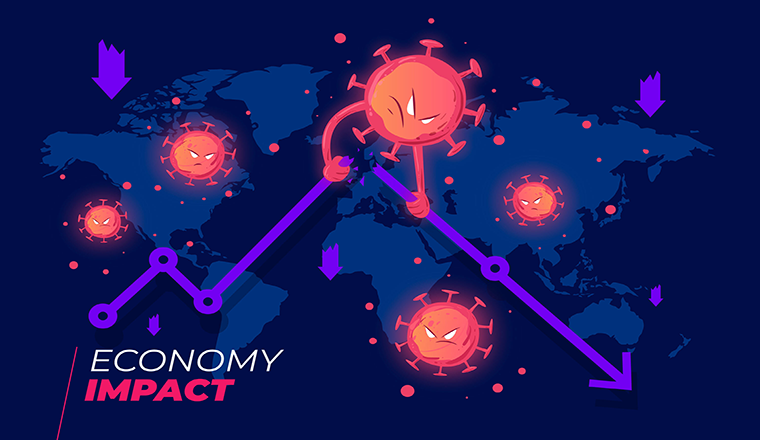

Post-Pandemic Commercial Challenges and Opportunities for IP
-
Global Digital Migration
One of the most notable shifts in the post-pandemic world is the growing reliance on foolproof digitization strategies. Companies with IP assets are now focusing on developing strong online presence strategies to stay competitive. This includes investing in digital marketing and social media expertise, all the while ensuring their IP protection strategies are set.
Expert Insight: Amazon saw a dramatic increase in sales as lockdowns and social distancing measures were implemented. This has led to the company investing in automation, streamlining, and expanding supply-chain capabilities. -
Relentless Surge in Intra-Industry Competition
As the global economy begins to ‘recover’ into a clear recession, more companies are capitalizing on new opportunities and trends. An advantage for businesses with registered IP assets is as they prepare to compete with these new players in their market. -
A New World Of Opportunities
Lessons learned from the economic downfall during and after the pandemic have presented new opportunities for service and product-based IP. This can be portrayed through the pharmaceutical and medical device sectors, which have doubled down on developing new products that address mental health, while companies in the entertainment industry are now heavily capitalizing on new trends in streaming and online content.
Expert Insight: Netflix, has seen a significant increase in subscribers during the pandemic, but as the market becomes competitive, with other streaming platforms like Disney+ and HBO Max, they’ll need to continue to innovate and offer new content to retain subscribers. And as a result, Netflix has adapted its licensing and IP monetization strategies, leading to an increase in the use of digital licensing models and a greater focus on IP-based revenue streams.
The key takeaway here is that companies must now make use of newly placed IP legislation and ensure their IP assets are protected. The pandemic has taught the world, as an intertwined community, that innovative adaptability, attunement with ever-changing market conditions, and commercial risk forecasting are their gateway to sustainable success.
Intellectual Property is Key to Sustainable Adaptability
As the world continues to grapple with the ‘new now’, it will be interesting to see how companies with (and without) secured IP assets continue to evolve and innovate, in order to survive and thrive.
The pandemic has had a profound impact on the IP industry (and the way the world works) and has unequivocally presented both mammoth challenges and lucrative opportunities.
It is now up to the global community to either make the best of it and adapt, or inevitably perish.
Abou Naja Intellectual Property is a regional leader in the intricacies of Intellectual Property and as a firm that thrives upon its values of being an enabler, we invite you to get in touch with us, for any guidance on how to propel and bolster the continuity of your business during the uncertainty of the post-covid world - through the power of Intellectual Property.
Claim your complimentary consultation by getting in touch with us at connect@abounaja.com, with a brief introduction and we will match you with the most suited member of our team. We look forward to hearing from you.
Frequently Asked Questions
What has been the impact of COVID-19 on intellectual property?
The COVID-19 pandemic has had a significant impact on the evolution of intellectual property, shaping it in several ways. The digital transformation of many sectors, coupled with the rise in e-commerce, has led to an increase in IP infringement, particularly in copyright and trademark.
How has the pandemic affected IP protection and enforcement?
The pandemic has caused IP offices and courts to function remotely, resulting in delays in processing IP applications and the resolution of IP disputes. However, the transition to remote work has also led to an increase in online IP infringement, which has prompted governments to reform their IP laws and enforcement systems.
How have various governments reevaluated their IP regulations post-COVID?
Governments such as the UAE, KSA, Qatar, China, South Korea, Japan, the US, and the EU have reevaluated their IP regulations and laws to better protect IP holders in the digital age. This includes introducing new IP laws, developing IP-related initiatives, and intensifying enforcement efforts.
How has the pandemic affected IP-based businesses?
The COVID-19 pandemic has had a profound impact on businesses with IP assets, leading to changes in IP valuation and licensing. Physical IP-related events such as licensing fairs and trade shows have been impacted, resulting in an increased use of digital licensing models.
What initiatives have been taken to combat IP infringement in the digital age?
Initiatives such as the e-Commerce Strategy and the Intellectual Property Rights Coordination Center (IPR Center) have been developed to identify and seize counterfeit goods sold online. The EU Horizon program provides IP and innovation funding to startups and SMEs, while the EU Trademark Directive and the EU Copyright Directive have been overhauled to harmonize IP legislation across EU member states.









